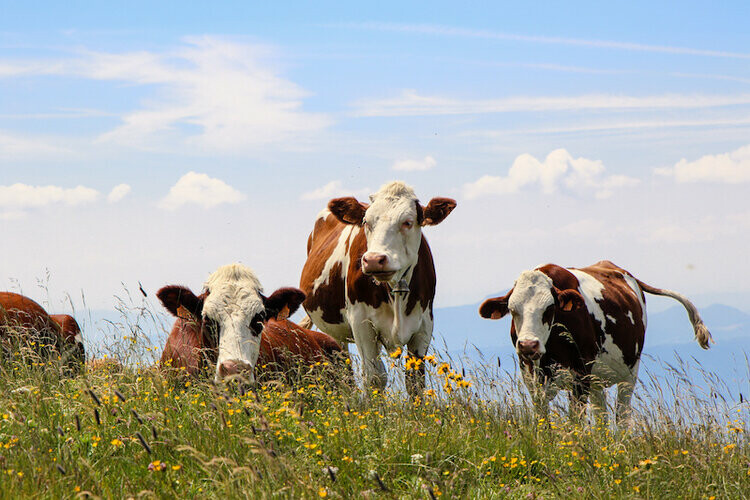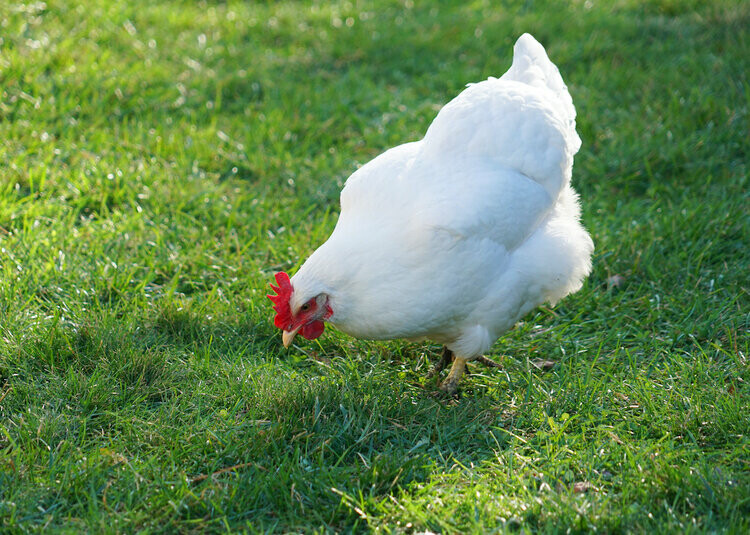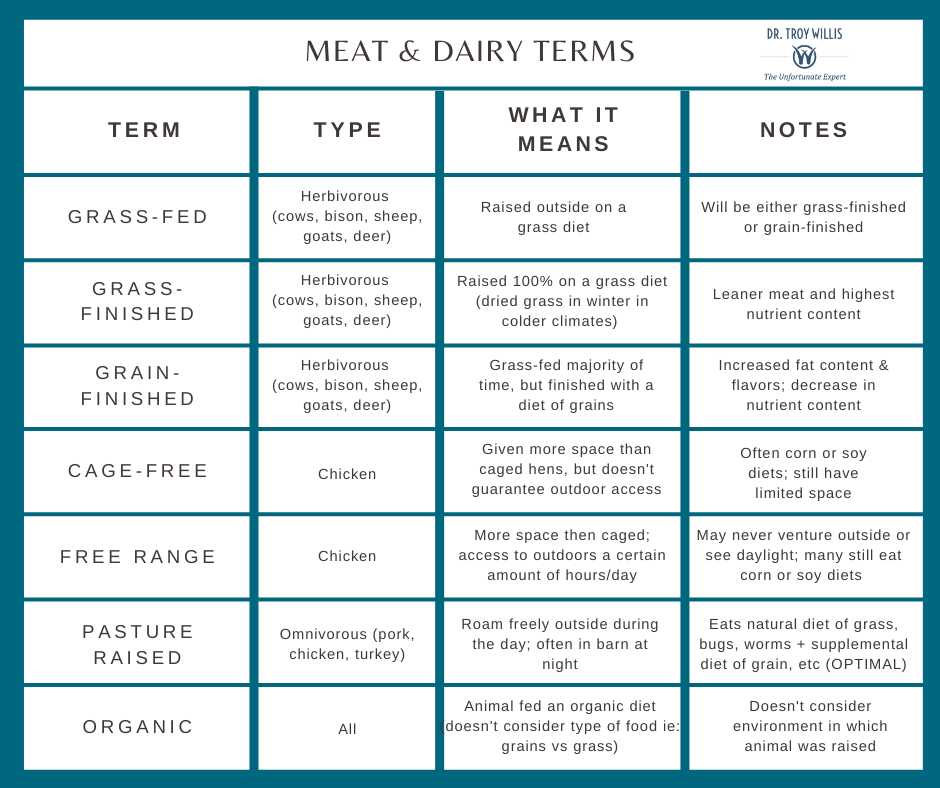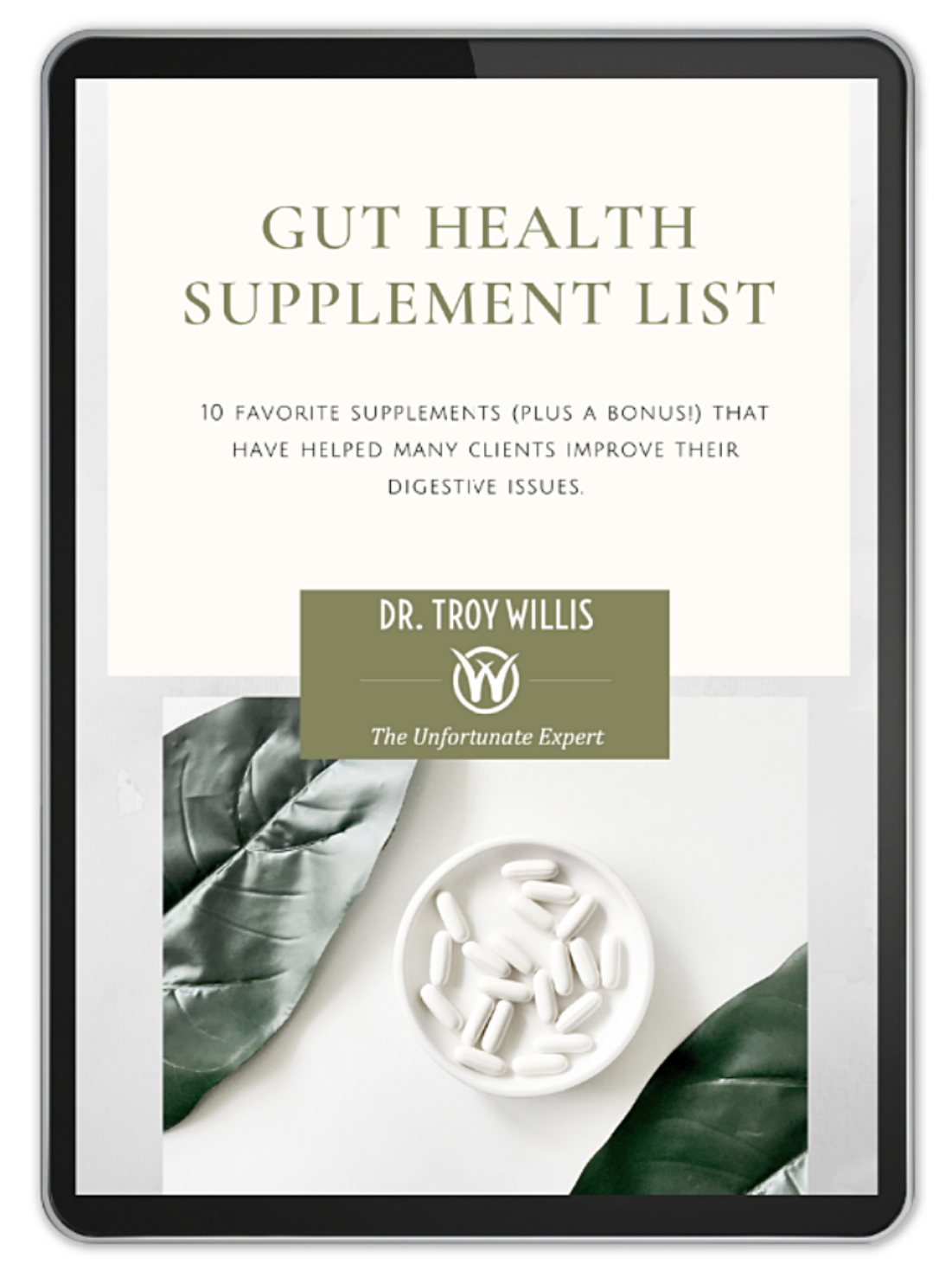
So, you’re cruising down the grocery store aisle and find yourself in the meat section. You likely have a variety to choose from…and some are way more expensive than others.
Do you sometimes wonder what all those terms REALLY mean? And are the more expensive selections really better for you than the lower priced options?
The short answer: Maybe.
Most Americans are nutrient deficient in varying degrees. There are several reasons for this…the availability of processed foods, our busy lifestyles, and the quality of the food that is available to us through our traditional grocery stores.
And those of us who suffer from an autoimmune disease or digestive issues tend to be even more nutrient-deficient that the average population. When we don’t digest our food properly, we aren’t getting the nutrients from it that we should. This is especially true if you suffer from chronic diarrhea.
This makes it especially important to ensure we’re consuming the most nutrient-dense foods we can.
This article will cover the meats and dairy products that are most readily available to us today….what all those terms on the package really mean and why quality matters for our health.
There are two main things that affect the quality of the animal products we consume:
- The diet the animal eats during its lifetime.
- The environment in which the animal was raised.
Happier animals who get the nutrients THEY need from both their diets AND their environments are healthier animals.
With that said, it’s important to understand certain terms used in marketing animal products so you can better evaluate its quality with regards to these two aspects.
Grass-fed vs. Pasture-Raised
Though these two terms are often used interchangeably, they do not mean the same thing. While a grass-fed animal IS pasture-raised, a pasture-raised animal is most likely NOT purely grass-fed. Grass-fed generally refers to cattle while pasture-raised generally refers to pork, chicken, and turkey.
 Grass-fed (cattle)
Grass-fed (cattle)
Grass-fed is a term used to describe the way Herbivorous animals were raised. Herbivorous animals include cattle (cows, bison, sheep, goats, deer, etc.) whose natural diets include grass and broad-leaf plants. They are free of antibiotics and added hormones.
Grass-feed cattle can be either grass-finished or grain-finished. More on this in the chart below!
 Pasture-raised (pork, chicken, turkey)
Pasture-raised (pork, chicken, turkey)
Pasture-raised is used to describe omnivorous animals that are raised in a pasture and allowed to roam freely. Omnivorous animals’ natural diets include grains, seeds, and bugs. When being raised for consumption purposes, they are often fed supplemental diets consisting of grains, seeds, soy, table scraps, and farm surplus (leftover fruits and vegetables).
Omnivorous animals generally need supplemental food to truly thrive. Pasture-raised animals are also free of antibiotics and added hormones.
Still confused? I know…it’s a lot! So I put together this simple chart to help keep it all straight when standing in the grocery aisle and subject to the marketing terms we often see on our meat and dairy products. Be sure you know what you’re getting! For example, beef labeled “organic” may not be the best available. Grass-fed is likely higher quality.

But does this all really matter?
YES! A happier, healthier animal who has been fed a higher quality diet that is closest to their natural diet will produce a superior food source for us….whether it’s meat, milk, or eggs.
 Benefits of eating higher quality animal products:
Benefits of eating higher quality animal products:
- Pasture raised animals are better treated, happier, and generally healthier…resulting in meat that is healthier for us to consume. There is a lower risk of bacteria such as e. coli in healthier animals.
- Free of antibiotics and hormones which are disruptive and harmful to our health.
- More nutrient dense meat & dairy. Higher (sometimes MUCH higher) vitamin and mineral content, especially in the vitamins and minerals those with autoimmune disease often deficient. Factory farmed animals may be so deficient in certain important vitamins, such as Vitamin-D, that they may even be close to non-existent.
- Leaner meats (which means it has more protein!) and fats are healthier. They have a better omega-6 to omega-3 fatty acid ratio (anti-inflammatory effects).
- Less subject to oxidation in processing and storage 🡪 higher concentration of antioxidants (anti-inflammatory effects).
So…all this is great, but now you’re thinking “What can I do to ensure I’m getting the best quality meat, dairy, eggs”.
Here are a few tips:
- Be knowledgeable about the various terms surrounding the way animals are raised and fed and be aware of how they are used for marketing purposes
- It’s always best to know the source: Find a local farmer and learn how their animals are raised and fed. Know that just because a farm isn’t labeled “certified organic” doesn’t mean its products aren’t “organic”. An Organic certification is expensive, and many small, local farmers forego it. You can search for local farmers in your area on www.localharvest.org.
- Look for the “Certified Humane” label to find products that come from farms who meet the requirements for raising their animals humanely. You can find a list of farms on www.certifiedhumane.org. Some farms even offer shipping if you don’t live local to them!
 There are some online companies who sell higher quality, humanely raised animal products. Do your homework and find a few that work for you! One such company is www.butcherbox.com or www.porterroad.com
There are some online companies who sell higher quality, humanely raised animal products. Do your homework and find a few that work for you! One such company is www.butcherbox.com or www.porterroad.com
The bottom line
I know higher quality animal products can be expensive and not always realistic. But if you can find a little extra room in your budget for upgrading a portion of your groceries, making animal products a priority is a great place to start!
Schedule your free, 20-minute telehealth Zoom or phone call for a chance to ask some questions and learn more about my approach. I look forward to talking!
Happy Healing!
Dr. Troy
”The Unfortunate Expert”















0 Comments